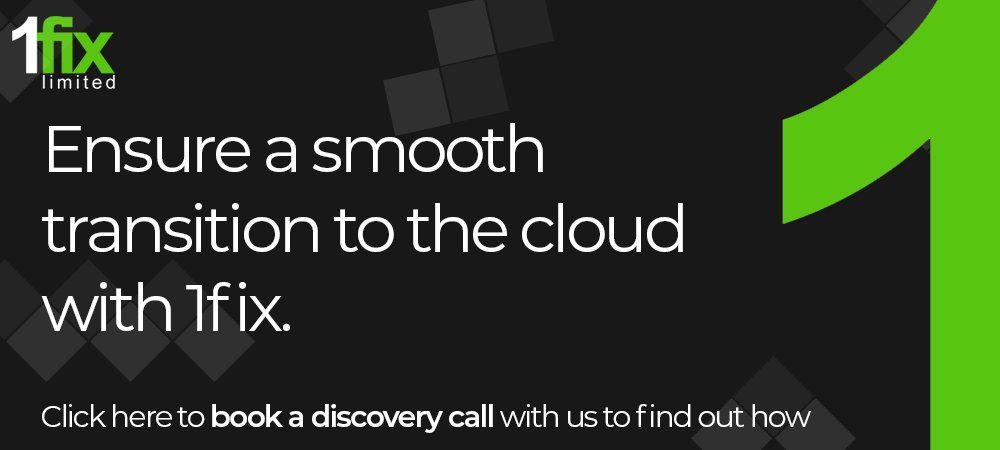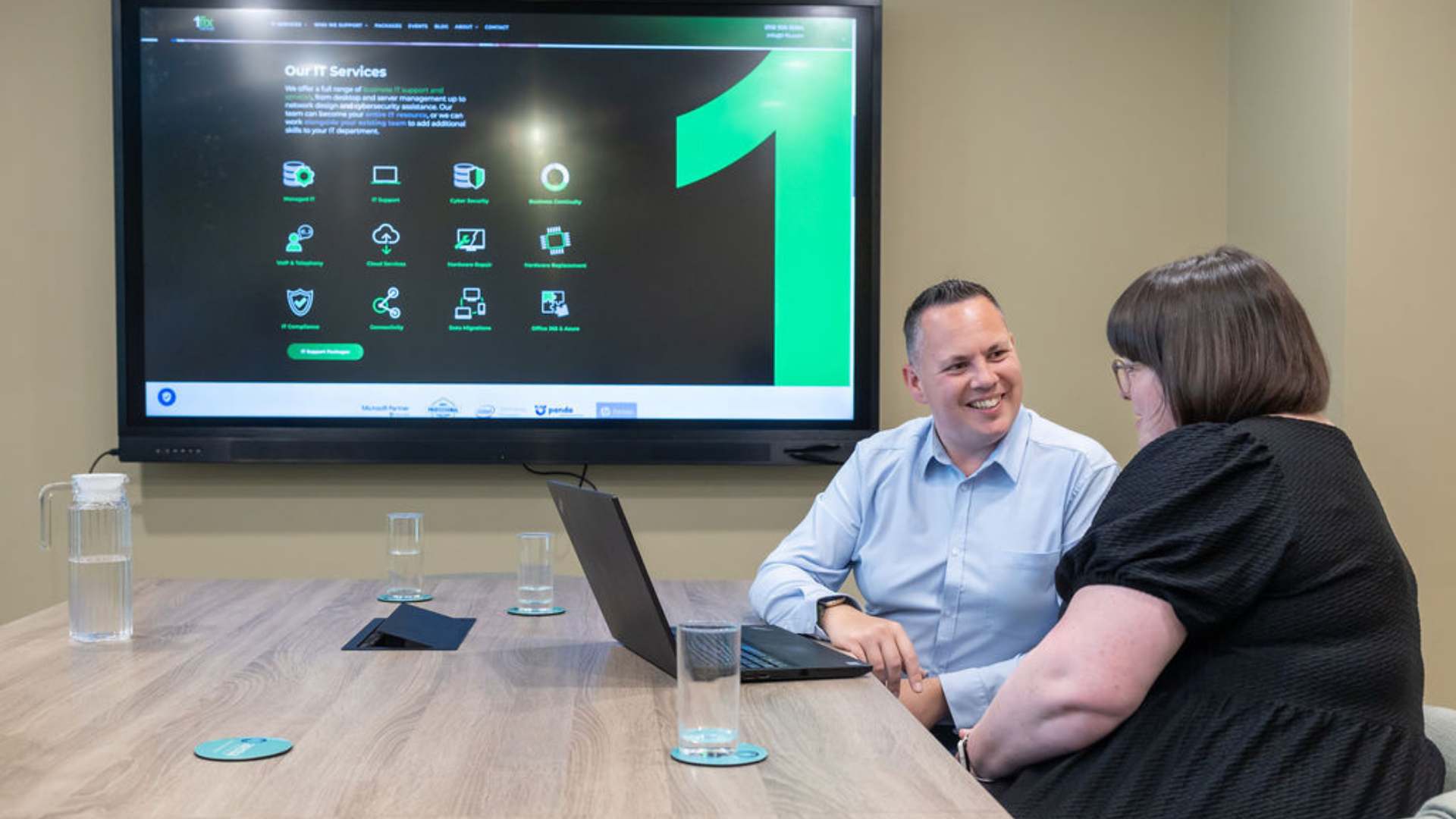Steps to a smooth transition to the Cloud – the terminology
In the first blog in the series we covered what Cloud computing is, the positives of it, and the first steps you need to take to begin your journey to it. We followed that up with the second blog in the series, where we explored legacy applications, the business challenges posed by attempting an adoption to a remote work setting, and what the options were.
In this, the third – and last – blog in the series, we will explore some of the terminology that you will hear or read on your journey to Cloud computing and hopefully give you a better understanding of the jargon used by providers.
As we already know, Cloud computing is the future of IT. If correctly used, the doors that it can open have the power to revolutionise the way you do business – one key example of this is the ability to remote work from anywhere with an internet connection but still have full access to all work software and programmes.
However, not everybody is satisfactorily convinced as yet as to how important Cloud computing will be in the future. This is partially due to the terminology around the Cloud being abbreviated and not as simple as it could be – for those that are not as computer literate it must feel like hearing a new language when an expert is in full flow on the subject.
We know it isn’t your fault if you don’t understand something. And you can’t be expected to spend your limited capital on it, especially immediately after one of the most difficult times in the history of many organisations. Taking it one step further, who do you turn to? Most are sceptical to trust their providers through fear that they will be coaxed into buying the most expensive package available instead of the one that is the most suitable for their business.
This is why we are breaking down some of the terminology for you now, as understanding the basics will put you in good stead to open a dialogue with your provider and find the plan that suits you and the way you do business.
.
The terminology
.
SaaS (Software as a Service)
Software as a Service is the most popular of Cloud packages and the majority of businesses choose this as their Cloud computing plan. It is the delivery of applications - along with the storage of data within those applications. Also, dependent on the provider, the security and backup of that data too – over the Internet as a ‘payment plan’ service (monthly, bi-monthly, consumption based, etc). You will have heard of some of the examples of SaaS - these include:
- Microsoft 365, and their full suite of tools
- Google Workspace
- Zero Accounting
- Big commerce
- Salesforce
- Dropbox
- DocuSign
And the list goes on and on. Some of the examples given are internationally renowned and, through the Cloud, have cemented their place on the pantheon above all other competition. SaaS allows you to place the complex software and hardware management onto the provider’s shoulders, leaving you free of the complex processes that can be time consuming and challenging.
.
IaaS (Infrastructure as a Service)
Not as popular as the SaaS platform but popular none the less, IaaS is computing framework that is provided over the internet. Again, like SaaS, your provider will have management over the infrastructure of your IT landscape on an agreed subscription basis – whilst you purchase, install, and configure your own software.
.
A Cloud application
A Cloud application – or Cloud app – is the software that you access online as opposed to installing and accessing it on an individual computer. This is what is usually provided to you as part of your SaaS subscription.
.
Cloud storage
Cloud storage is the storage of data in remote servers known as the Cloud. You can access this storage from multiple devices. Cloud storage simply takes the hefty storage requirements away from individual computers or servers by putting them in a secure monitored location (along with the data of other organisations). All of this is done whilst allowing you unlimited access to your own data for anyone (authorised to open the data), from anywhere that is connected to the internet.
By knowing some of the terminology, you can start your migration to the Cloud the right way.
Having knowledge – however small – when conversing with providers can be a powerful tool in your arsenal. It can guarantee that you don’t get pressured into a package that isn’t fit for your organisation. A provider should make every effort to use language you will understand at every opportunity but having a small insight into the language they use will allow you to nit-pick what you want from the transition.
.
Cloud transitions made easy
Our team of specialists at 1-Fix offer an extensive range of business IT services ranging from desktop and server management to network design and cyber security assistance. Our experts want to become a vital member of your team and help you to make a smooth beneficial transition to Cloud computing. We can help you achieve a level of collaboration, communication, and productivity that can rival even the office setting, along with security that allows you to feel confident 100% of the time that you are not likely to be a victim of a cyber attack. Please do not hesitate to contact the 1-Fix team for a conversation on any aspect of your IT.
Join Our Mailing List
All sign-ups are handled inline with our privacy policy and can unsubscribe at any time.























